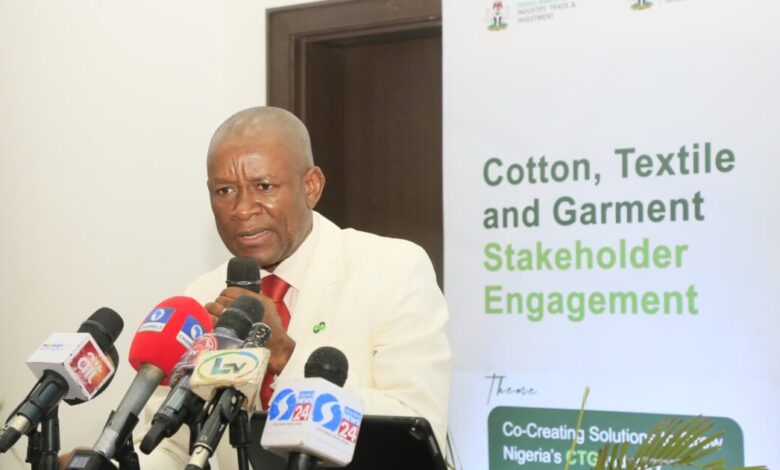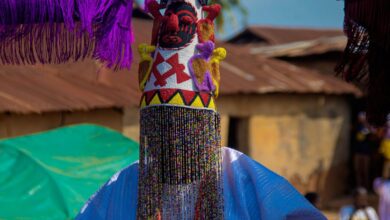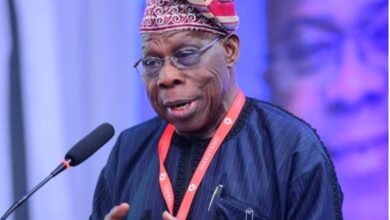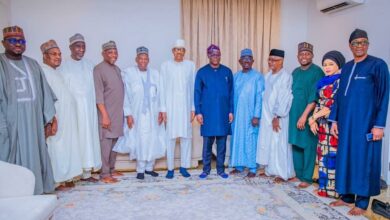FG targets $4bn textile import reduction, revitalises Nigerian garment industry

The Federal Government, through the Ministry of Industry, Trade and Investment, has reaffirmed its commitment to building a robust and responsive policy framework to support the growth of Nigeria’s cotton, textile and garment sector.
There are also plans to reduce the nation’s reliance on imported clothing.
This initiative aims to localise up to $4bn in spending on textile imports, fostering economic growth, creating jobs, and boosting local manufacturing capabilities.
The Minister of State for Industry, Trade and Investment, John Enoh, gave the assurance at a high-level stakeholder engagement to accelerate the revitalisation of Nigeria’s CTG sector on Wednesday in Abuja.
This pivotal event, themed “Co-Creating Solutions to Grow Nigeria’s CTG Industry,” brought together key players from across the value chain to deliberate on the sector’s future.
Earlier in their address, key players in the sector had revealed that the country spends a total of $4 billion annually on clothing imports and described the figure as both alarming and unsustainable, urging the government to prioritise local production as a path to economic diversification, job creation, and industrial revival.
The president of the Garment and Accessories Manufacturers Association of Nigeria, Adenike Ogunlesi, underscored the urgent need for a shift in strategy, placing garment manufacturing at the heart of Nigeria’s industrial revival.
Ogunlesi made a passionate case for garments as the demand engine of the entire CTG value chain, capable of generating massive employment, foreign exchange, and global recognition for made-in-Nigeria products.
She emphasised that despite various interventions over the years, Nigeria’s textile industry remains fragmented and underperforming.
“Garments do not just close the loop; they create the loop. Garment manufacturing should be seen not just as the end product but as the starting point of a value chain capable of propelling Nigeria’s industrial transformation,” she said.
But responding, the Minister of State reiterated the federal government’s commitment to promoting made-in-Nigeria goods and reviving the textile sector.
He announced plans for a national campaign to promote local garments and goods across all ministries, departments, and agencies, citing the example of Ogun State, where over 70,000 public workers are mandated to wear Nigerian-made clothes weekly.
He assured stakeholders that the government would work closely with institutions like the Bank of Industry to facilitate access to finance and machinery for garment and textile businesses.
He also hinted at a personal commitment to the cause, declaring that once the national campaign begins, he would exclusively drive a Nigerian-assembled car, signalling his belief in leading by example.
“We must ask ourselves: do we prioritise cotton, textiles, or garments? The reality is that garmenting stimulates the entire chain.
“Countries like Bangladesh, Myanmar, and Kenya started by importing textiles but built strong garment export markets that later justified investment in spinning, weaving, and cotton farming,” Enoh explained.
He affirmed the government’s resolve to move from policy formulation to execution, calling for unity, reduced sectoral fragmentation, and a renewed sense of urgency.
Nigeria had a booming textile industry from the 1950s to the 1980s.
According to history, the sector once hosted over 180 textile mills operating at 50 per cent or more capacity and employed over 500,000 persons.





